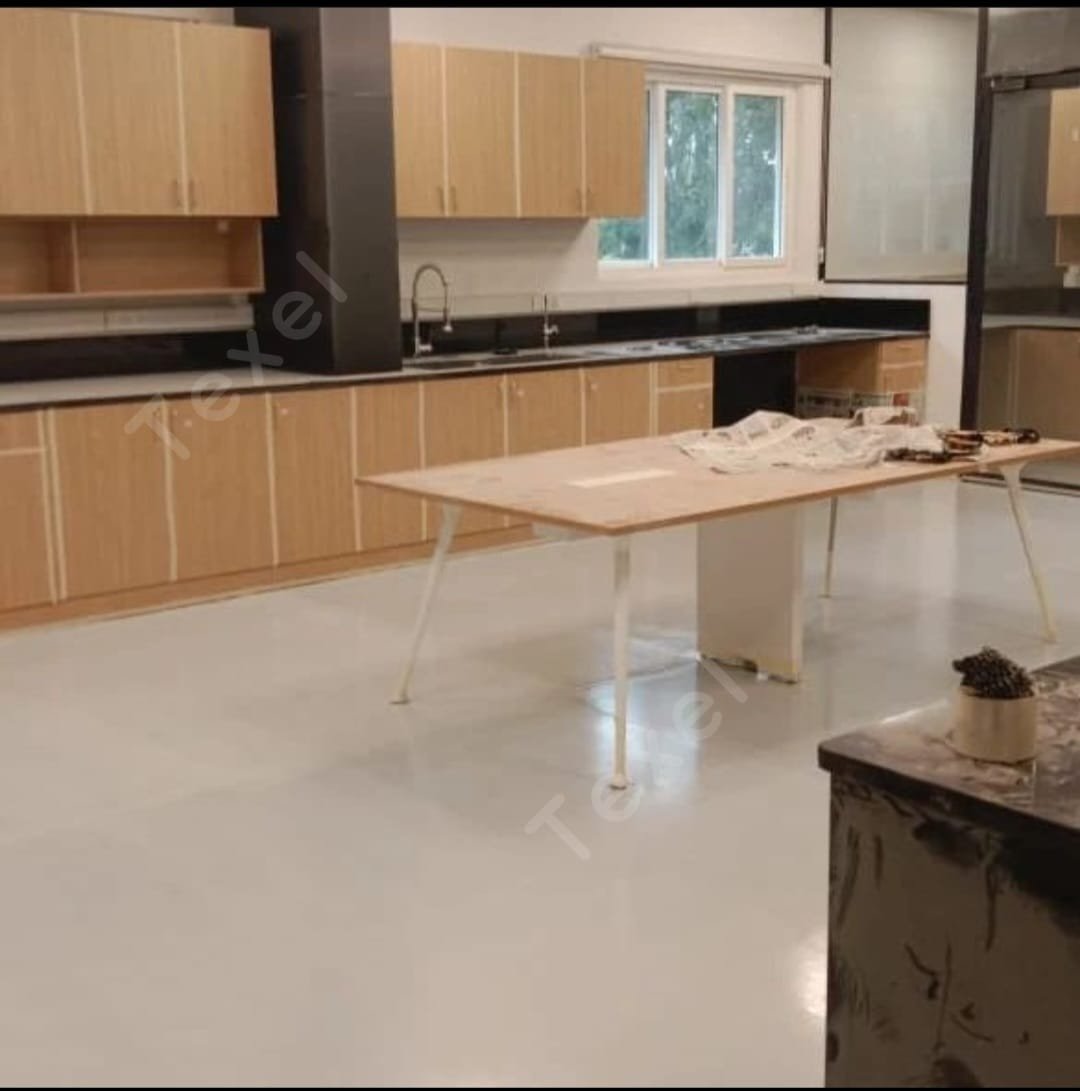AYURVEDA / HERBAL MEDICINE
MANUFACTURING INDUSTRY FLOOR
INTRODUCTION
In an Ayurveda or herbal medicine manufacturing facility, the type of
flooring used is crucial to maintaining a clean, safe, and efficient
environment. The flooring should be durable, easy to clean, and resistant to
chemicals and moisture. Epoxy and polyurethane
floorings are often preferred in the pharmaceutical and herbal medicine
manufacturing industries due to their seamless, durable, and easy-to-clean
surfaces.
WHY WE CHOOSE EPOXY AND PU
FLOORING FOR HERBAL MEDICINE MANUFACTURING INDUSTRY?
Epoxy and polyurethane (PU) flooring are commonly chosen for herbal
medicine manufacturing facilities due to their specific properties .Here is a
detailed explanation of why these types of flooring are preferred:
1. Hygiene and Cleanliness
Seamless Surface:
Epoxy and PU flooring: Both types
create a smooth, seamless surface that eliminates crevices and joints where
dirt, dust, and microorganisms could accumulate. This is crucial for
maintaining a hygienic environment in the production of herbal medicines.
Easy to Clean:
Epoxy and PU: Their
non-porous surfaces are easy to clean and disinfect, essential for preventing
contamination and ensuring the purity of herbal products.
2. Durability and Longevity
Wear Resistance:
Epoxy: Highly
resistant to wear and tear from heavy machinery and foot traffic.
PU: While also
durable, PU flooring has slightly more flexibility, which helps absorb impacts
and reduce the risk of cracking.
Chemical Resistance:
Epoxy and PU: Both types are
resistant to a wide range of chemicals, including acids, alkalis, and solvents
commonly used in the manufacturing process. This resistance ensures the
flooring maintains its integrity and appearance over time.
3. Safety
Slip Resistance:
Epoxy and PU: Can be
formulated or textured to provide slip-resistant surfaces, enhancing worker
safety by reducing the risk of slips and falls.
4. Maintenance
Low Maintenance:
Epoxy and PU: Require minimal
maintenance. Regular cleaning is straightforward, and both types are resistant
to stains and spills, making them practical for a busy manufacturing
environment.
5. Aesthetic Appeal
Aesthetics:
Epoxy and PU: Available in
various colors and finishes, allowing for a visually appealing and
professional-looking facility. This can also help in color-coding different
areas for organizational purposes.
6. Compliance with
Regulations
Regulatory Compliance:
Epoxy and PU: These floorings
can help facilities comply with Good Manufacturing Practices (GMP) and other
regulatory requirements due to their cleanability, durability, and resistance
to contaminants.
7. Installation and
Customization
Ease of Installation:
Epoxy and PU: Can be
installed relatively quickly and can be customized to fit specific needs, such
as different levels of slip resistance or specific aesthetic requirements.
CONCLUSION
Epoxy and PU flooring are ideal choices for herbal medicine
manufacturing facilities due to their seamless, hygienic surfaces, durability,
chemical resistance, and ease of maintenance. These properties help ensure a
safe, compliant, and efficient production environment, making them the
preferred flooring options in this industry.
